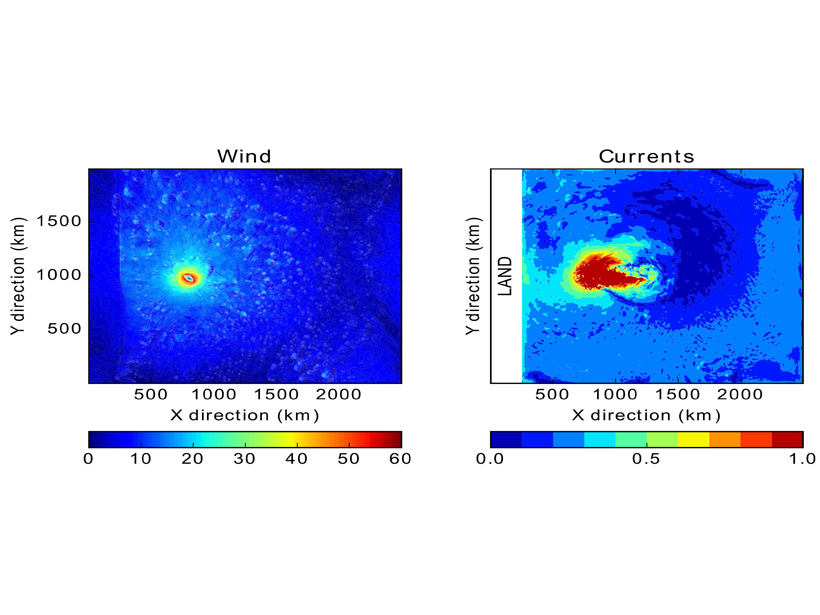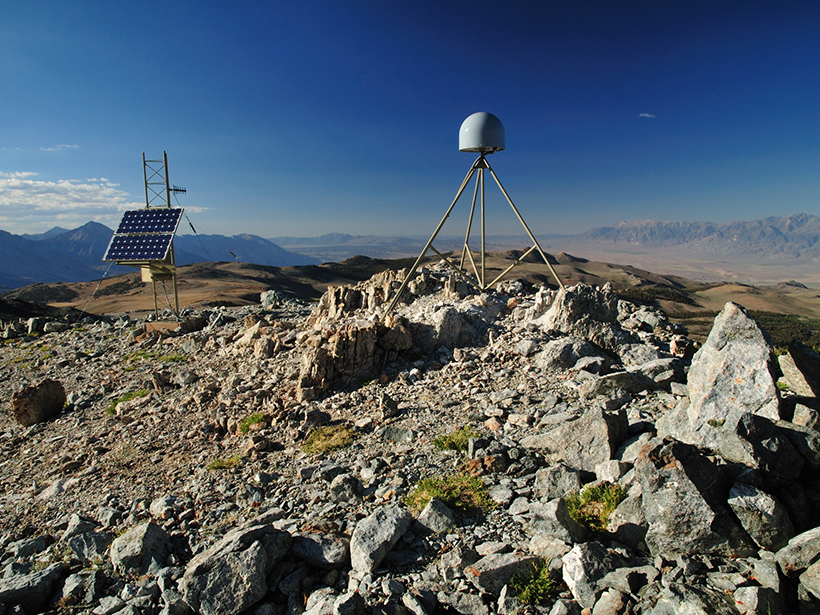A look back at the life of Greg Leptoukh, pioneer of informatics, and a look ahead to the field’s future through the annual lecture at AGU’s Fall Meeting 2018 dedicated to Leptoukh.
data management
The ILAMB System for Benchmarking Land Surface Models
An evolving set of tools helps land surface model developers optimize the realism of their parameterizations for the next generation of weather and climate models.
Deep Floats Reveal Complex Ocean Circulation Patterns
Acoustically tracked floats drift far below the ocean’s surface, providing fresh discoveries about deep-sea currents. A new archive gathers decades’ worth of float data into a central repository.
Can Coastal Surface Currents Improve Hurricane Forecasts?
An idealized model explores whether hurricane intensity forecasts could potentially be improved by incorporating coastal surface currents data.
Roger G. Barry (1935–2018)
Barry, a giant in climate and cryospheric sciences, pioneered the archival of computer data and traveled the world to share his vision with others.
Agencies Collaborate to Better Monitor and Model the Environment
Interagency Collaborative for Environmental Modeling and Monitoring: Monitoring and Model Data Fusion; Rockville, Maryland, 24–25 April 2018
Harnessing the GPS Data Explosion for Interdisciplinary Science
More GPS stations, faster data delivery, and better data processing provide an abundance of information for all kinds of Earth scientists.
Hack Weeks Gaining Ground in the Earth and Space Sciences
Workshops that fuse traditional learning with Silicon Valley–inspired “hack sessions” are giving scientists a new venue to build community and sharpen their skills.
Lightning: A New Essential Climate Variable
Lightning is a symptom and a cause of climate change. A recently established task team is working to make lightning data available and useful for climate science and service applications.
Landslide Database Reveals Uptick in Human-Caused Fatal Slides
Records of nearly 5,000 landslides around the world show that human activities like construction, illegal mining, and hill cutting are increasingly responsible for fatal slides, particularly in Asia.










